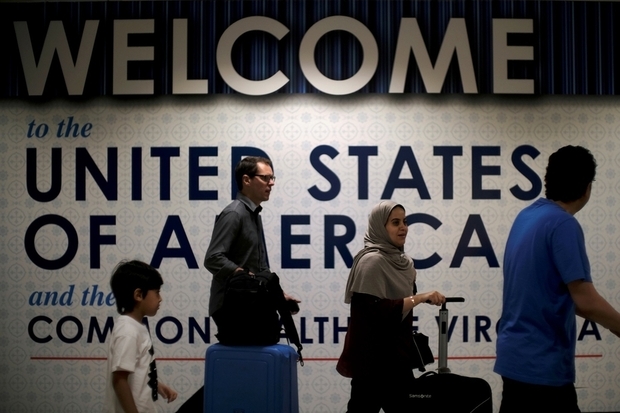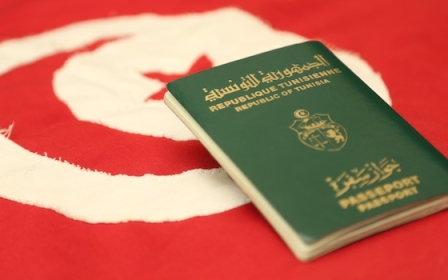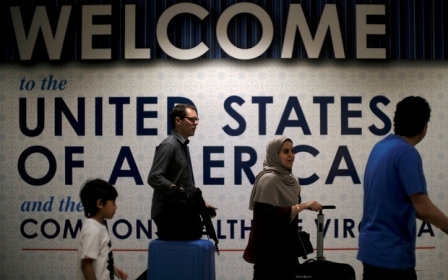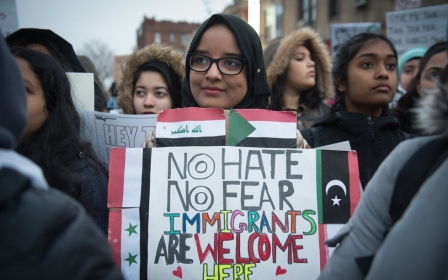US appeals court says Trump's 'Muslim ban' violates immigration law

A US appeals court on Friday said President Donald Trump's travel ban targeting people from six Muslim-majority countries violates federal law and exceeds the White House’s constitutional powers.
The Court of Appeals for the Ninth Circuit said the ban should not be applied to people with strong US ties.
Still, the three-judge panel said the ruling will be put on hold pending a decision on the executive order by the US Supreme Court.
The open-ended ban, announced in September, targets people from Iran, Libya, Syria, Yemen, Somalia, Chad and North Korea, as well as certain government officials from Venezuela.
The court ruled on Friday that the indefinite suspension of entry of citizens of those countries constitutes "nationality discrimination in the issuance of immigrant visas".
It added that while the US president has broad powers to regulate the entry of immigrants into the United States, those powers are not without limits.
"We conclude that the President’s issuance of the Proclamation once again exceeds the scope of his delegated authority," the panel said.
Earlier this month, the Supreme Court granted the US administration's request to lift two injunctions imposed by lower courts that had partially blocked the ban.
Trump had promised as a candidate "a total and complete shutdown of Muslims entering the United States".
The high court had allowed the ban to go into effect, but kept proceedings about the legality of the executive order in motion.
Within his first month of taking office in January, Trump announced a ban on seven Muslim-majority countries, which at that time included Iraq.
The first executive order initially applied to visa holders and to US permanent residents, which caused chaos at airports. It was struck down by the courts and Trump's administration did not appeal the prohibition to the Supreme Court.
In March, Trump revised the order, dropping Iraq from the list and limiting the scope of the ban.
Critics and civil rights groups have denounced both decrees as discriminatory. The White House, in contrast, said the ban was necessary to prevent militant attacks.
After challenges in lower courts, the Supreme Court ruled that the second ban can temporarily apply to travellers who do not have bona fide relations with a US person or entity, opening the door to new legal battles over the definition of such ties.
But before the high court could rule on the merits of the ban, the White House announced yet a new executive order in September, removing Sudan from the list and adding Chad and North Korea.
US district courts in Virginia and Hawaii ruled against the third ban in October.
The policy "suffers from precisely the same maladies as its predecessor: It lacks sufficient findings that the entry of more than 150 million nationals from six specified countries would be 'detrimental to the interests of the United States," US District Judge Derrick Watson in Honolulu wrote on 17 October.
New MEE newsletter: Jerusalem Dispatch
Sign up to get the latest insights and analysis on Israel-Palestine, alongside Turkey Unpacked and other MEE newsletters
Middle East Eye delivers independent and unrivalled coverage and analysis of the Middle East, North Africa and beyond. To learn more about republishing this content and the associated fees, please fill out this form. More about MEE can be found here.




